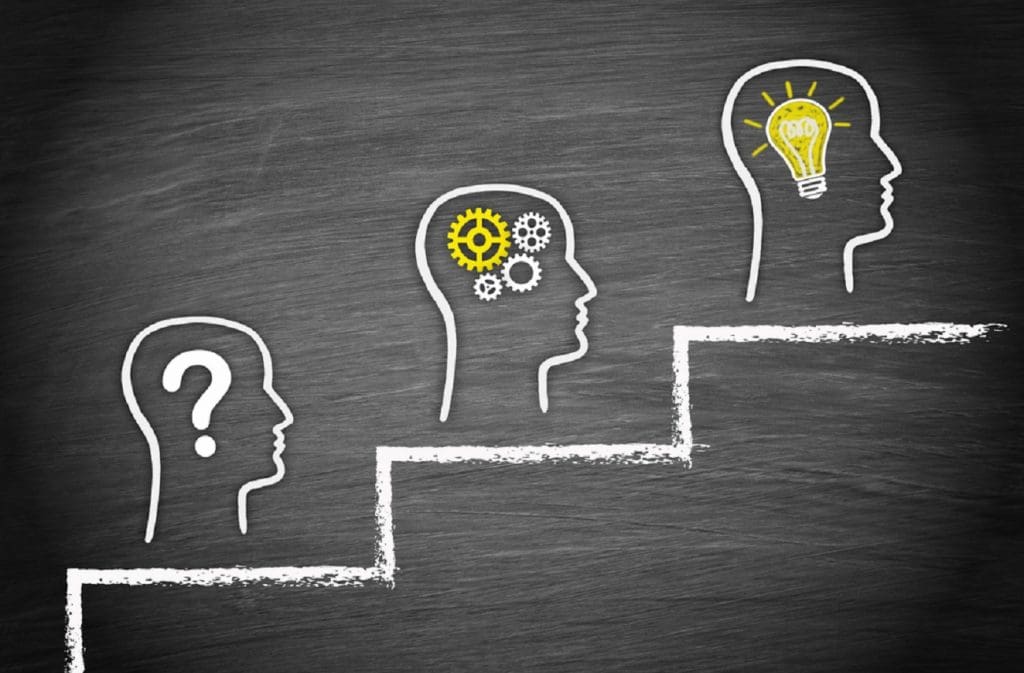Ms. Sonia Agarwal Bajaj
Founder of Little Chipper International

Imagine that you wanted to learn how to make creamy mushroom soup. You are more likely to master the soup making if you actually try out the recipe as compared to simply watching someone make it on a cooking show. Research suggests that children too best learn through positive interactions and experiences.
Rich and positive experiences help shape their malleable brains. 90 per cent of the child’s development takes place before the age of six. These early years create the blueprint for the child’s physical, emotional, cognitive and social development; hence the quality and variety of experiences and interactions a child is exposed to in the early years can create a lasting impact in the child’s life.
Why is Experiential Learning so important?
Experiential learning is an educational philosophy that believes that children discover knowledge. This discovery has to be fueled with curiosity, facilitated exploration, and knowledge assimilation. While experiential learning is often more expensive to provide and requires educators to maintain a low child-faculty ratio, the children reap significant benefits from the approach.
In contrast to experiential learning, didactic learning is an approach when children are given rigid instructions and are expected to reproduce that learning. While this is a cost-effective way to teach, true learning is compromised and independent thinking and creative collaboration are inhibited. Here are a few ways to provide rich & positive experiences for your child:
PRETEND PLAY: Participating in a variety of pretend plays allows children to not only explore different roles, in different settings but also stir up their imaginations.
Face-time over screen-time: Personal interactions with the people and the surroundings significantly contribute to the child’s development. So don’t let screen time take over your bonding time with your little one.
Positive Disciplining: When children are scolded or feel threatened, the pre-frontal cortex (a part of the brain responsible for learning) gets blocked. Children best learn when they are in a positive mindset. Guiding them in a calm and objective way can help them build their socio-emotional skills.
Play & Learn: Play is the primary and most effective way for children to learn. Playtime allows children to explore and celebrate their learning. It is important for children to be provided with age-appropriate toys and books since they are born.
Finding the right education partner: Finding a preschool that actively adopts experiential learning can further your child’s development. There is a rising trend for early education centers to embody this educational philosophy by providing a spectrum of rich and positive experiences. Preschools are also a wonderful avenue for peer-to-peer learning.
REFLECTING ON EXPERIENCES: After engaging in a rich experience, it is crucial that parents and educators help children reflect on their experiences. This reflection allows them to recall their learning.
Experiential learning is a learning approach that many educators will adopt in the coming years and positively transform the lives of many young learners.


